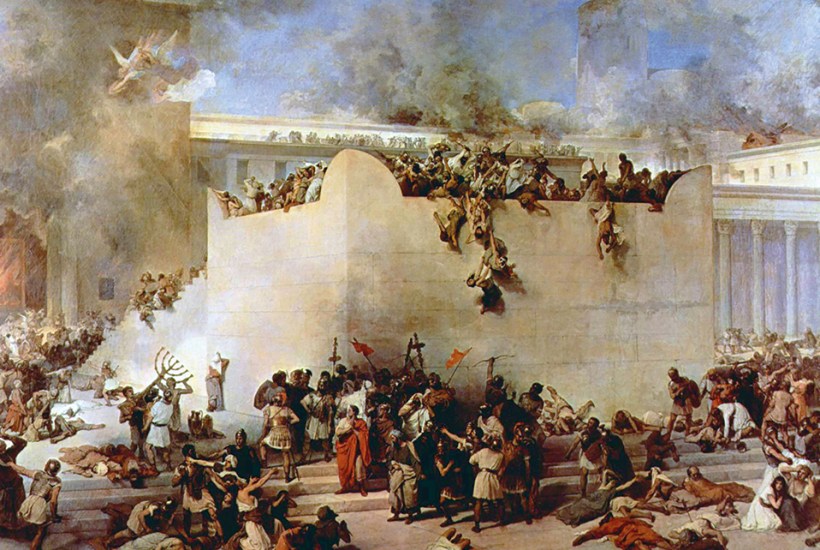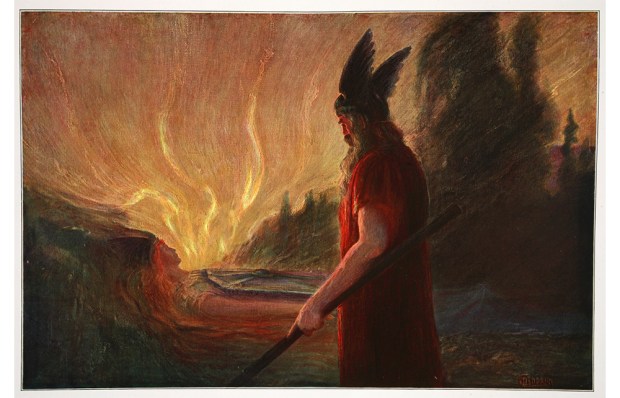The Roman emperor Domitian began life as a spare. At the end of the 1st century CE, while his brother Titus was the heir to their father Vespasian, the younger boy’s ‘sense of resentment and frustration had festered’, writes Tom Holland. ‘Rather than stay in Rome, where his lack of meaningful responsibility was inevitably felt as something raw’, Domitian moved away with a wife whom his family disliked, ‘doomed forever to be a supernumerary’, paranoid, attracting gossip, avoiding any company in which ‘innocent mention of baldness’ might be viewed as ‘mockery of his own receding hairline’.
Already a subscriber? Log in
Subscribe for just $2 a week
Try a month of The Spectator Australia absolutely free and without commitment. Not only that but – if you choose to continue – you’ll pay just $2 a week for your first year.
- Unlimited access to spectator.com.au and app
- The weekly edition on the Spectator Australia app
- Spectator podcasts and newsletters
- Full access to spectator.co.uk
Unlock this article
You might disagree with half of it, but you’ll enjoy reading all of it. Try your first month for free, then just $2 a week for the remainder of your first year.














Comments
Don't miss out
Join the conversation with other Spectator Australia readers. Subscribe to leave a comment.
SUBSCRIBEAlready a subscriber? Log in